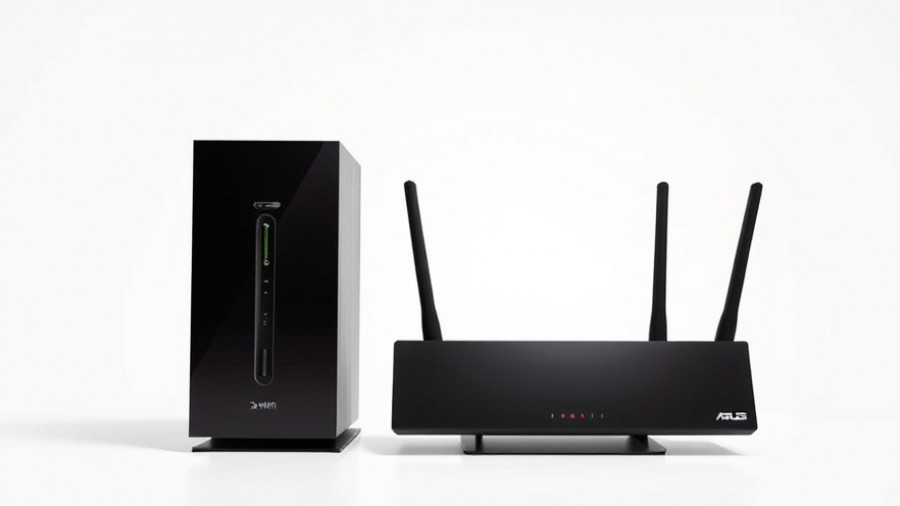
The Flickering Reality of Our Digital Lives
On October 20, 2025, Amazon Web Services (AWS) experienced an outage that sent shockwaves throughout the digital ecosystem, reminiscent of that awful feeling when you flip a light switch and nothing happens. With AWS underpinning a significant portion of digital infrastructure, from smart home devices to streaming services, the impact was widespread and immediate. This outage forced millions into a reality check about their overwhelming reliance on the cloud, especially for everyday conveniences.
Understanding the Infrastructure Collapse
The heart of the AWS outage lay in a domain name system (DNS) failure, the very backbone that guides digital traffic by connecting user-friendly domain names to server IP addresses. When this system faltered, it created a ripple effect, leaving not only individual users frustrated but also incapacitating businesses that rely heavily on these cloud services. The degree of dependence is stark—AWS alone controls around 37% of the global cloud market, and when it falters, the consequences ripple far and wide.
From Smart Homes to Businesses: The Collapse
For smart home users, the outage was particularly stark. Devices powered by AWS, including Amazon’s Alexa and Ring cameras, went offline. Imagine waking up to automated lights that don’t respond to your commands, or your Ring camera failing to alert you about visitors at your door. According to reports, not just individual households suffered; businesses across sectors faced operational paralysis as the systems they rely on failed. From retail stores unable to process transactions to healthcare providers struggling to schedule appointments, the chaos echoed across various industries, showcasing how vulnerable we are when a single entity goes dark.
The Significance of Local Control in Smart Homes
This incident highlighted the inherent risks of cloud dependence. While AWS serves millions globally, the outage illuminated an important lesson for smart home users: cloud-dependent devices can be profoundly unreliable. Fortunately, there are alternatives that prioritize local control—as illustrated by platforms like Home Assistant, which can operate independently of the internet. By running on servers located within the home, these platforms can provide a fail-safe against future outages, ensuring that essential operations, such as controlling lights and security systems, remain functional.
Broader Implications for Our Digital Future
The AWS outage brought forth pivotal discussions about our increasing reliance on a few dominant cloud service providers. The implications stretch beyond inconveniences at home; they weave into the fabric of modern society. How much dependence should we allow on these giant firms? What happens when they fail—are we prepared for a future that may suddenly go dark? Certainly, the outage made many question their technology choices and the underlying infrastructure that keeps them running.
Future-Proofing the Smart Home
Looking forward, the call for a balanced approach to smart home technology is clearer than ever. While enjoying the convenience of cloud-connected devices, it's essential to remain cognizant of their vulnerabilities. Users should explore options that minimize dependence on centralized infrastructure. Brands like Apple also offer smarter integration methods, allowing for offline controls. If you’re starting your smart home journey and want to build resilience, consider the various platforms available—focus on ones that enhance local control capabilities. This way, you can still enjoy a well-oiled smart home, even if the sky falls down on major cloud services.
Taking Charge of Your Smart Home
While the recent AWS outage may evoke a sense of vulnerability, it presents an opportunity to rethink our approach to smart technology. By exploring resilient options like Home Assistant, consumers can safeguard their home environments against future disruptions. Rethink your technology reliance today, because the power of knowledge is the best remedy against uncertainty.
 Add Row
Add Row  Add
Add 




Write A Comment